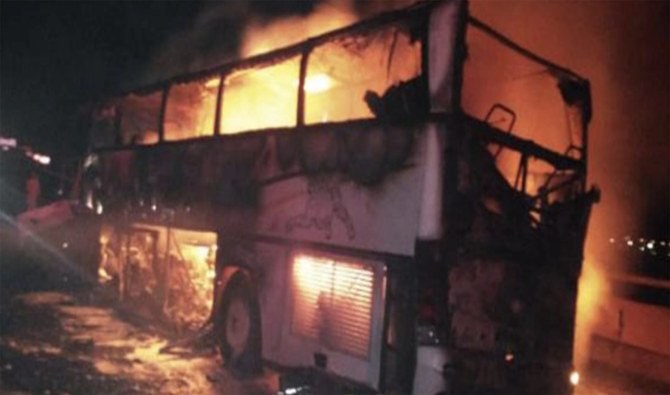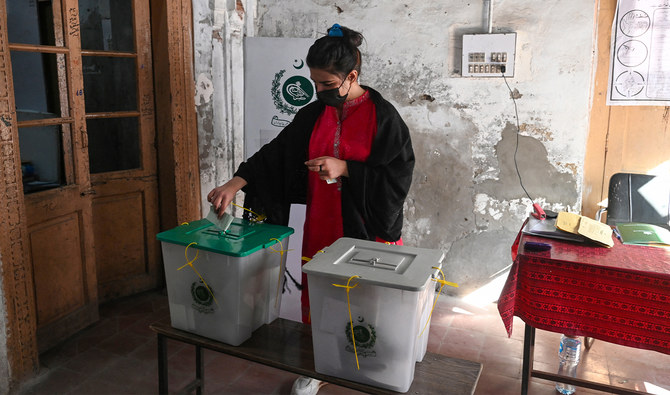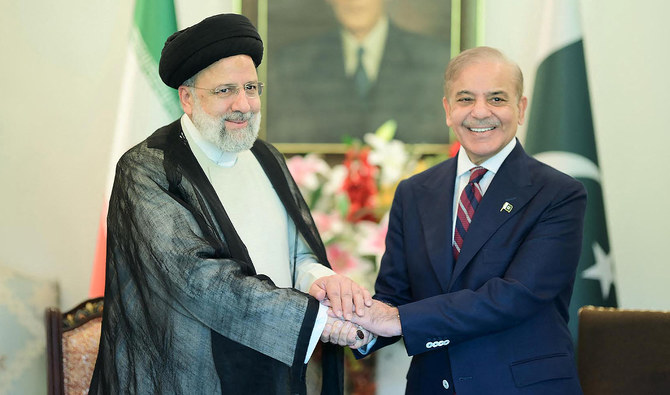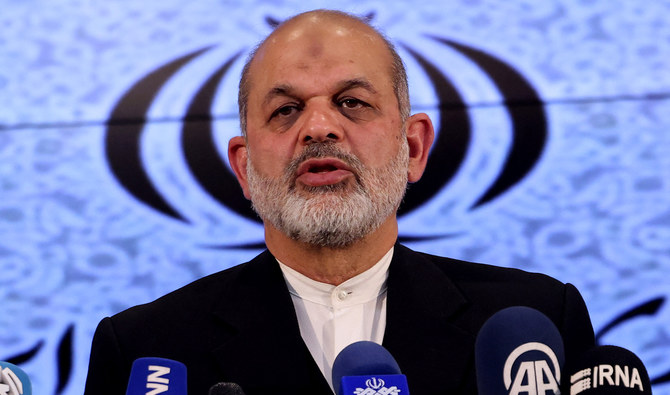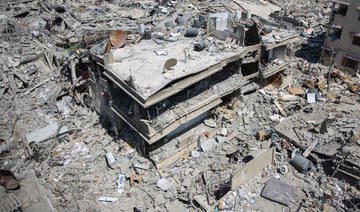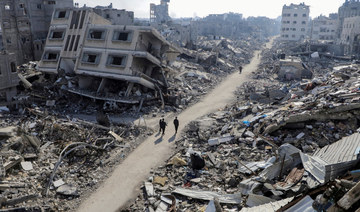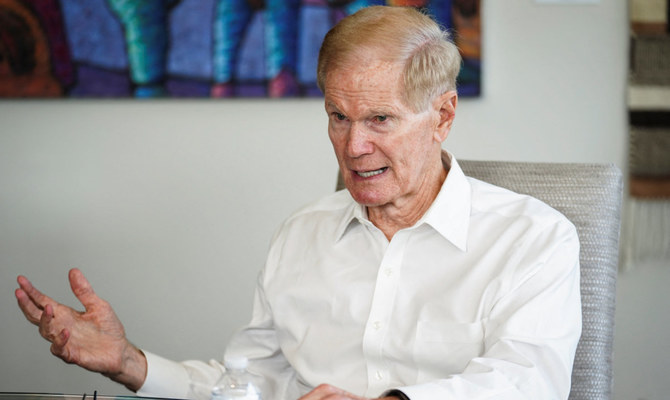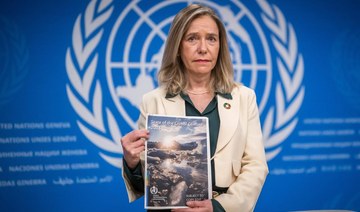ISLAMABAD: An independent election monitoring network in Pakistan highlighted low voter turnout and procedural irregularities in provincial constituencies in Punjab on Tuesday, saying such teething issues dominated improved result management in the by-polls held on April 21.
Established in 2006, the Free and Fair Election Network (FAFEN) aims to promote electoral transparency, integrity and fairness in Pakistan through citizen observation and advocacy efforts.
It operates independently, monitoring various aspects of the electoral process, including voter registration, polling procedures and result tabulation to ensure impartial elections in the country.
“Low voter turnout, procedural irregularities and restrictions on independent observation in two provincial constituencies in Punjab overshadowed the improved results management and lower numbers of ballots excluded from the count during April 21 elections in 22 national and provincial assembly constituencies,” FAFEN said in its report on by-elections.
“Polling station establishment, voter identification, and counting at polling stations were observed to have been largely compliant with law and procedures,” it continued. “However, instances of omissions in ballot issuance requirements by Assistant Presiding Officers (APOs) were reported from around 14 percent of the observed polling stations.”
FAFEN said while polling agents and accredited observers could generally access voting and counting process, security officials or Presiding Officers barred its observers at 19 polling stations in PP-36 Wazirabad and PP-22 Chakwal-cum-Talagang.
“In PP-22, the accreditation process of FAFEN observers was also delayed until the midday on the polling day causing last-minute changes in the observation scope,” it added.
The report said nearly 36 percent of registered voters cast their votes on polling day, which was nine percent less than the turnout in 18 of these constituencies on February 8.
Votes polled by women decreased by 12 percent, while votes polled by men declined by nine percent, despite an increase of 75,640 registered voters, including 37,684 men and 37,956 women compared to the general elections.
“Lahore’s five constituencies recorded the sharpest decline in the voter turnout with PP-147 reporting a mere 14 percent as against 35 percent on February 8,” it noted. “Similarly, NA-119 Lahore registered a 19 percent turnout against 39 percent on February 8. However, the voter turnout in Gujrat and Khuzdar constituencies recorded an increase compared to general elections.”
FAFEN said it deployed 259 Election-Day observers, including 187 men and 72 women, to observe the voting and counting processes at 1,036 polling stations in five National Assembly and 17 Provincial Assembly constituencies in Punjab, Balochistan and Khyber Pakhtunkhwa provinces.
It said that its report was based on the observations received on Election Day from 532 polling stations through FAFEN Election Day Observation mobile application.



